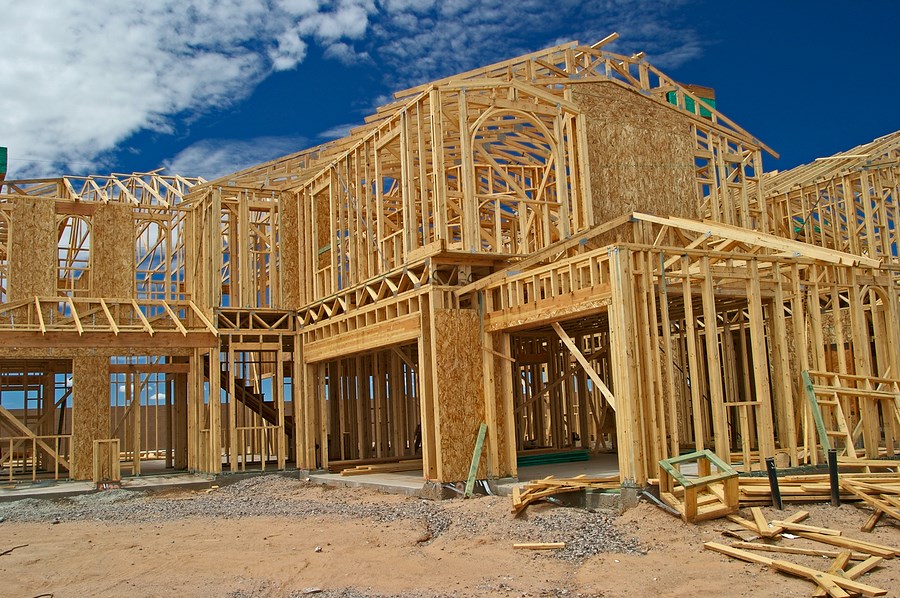The province is giving municipalities the ability to create rental-only zones, a power Tri-City mayors are welcoming after having sought it for some time.
The NDP government announced Tuesday legislation to provide the discretionary tool local governments, via the Union of BC Municipalities (UBCM), have long asked the province for.
Currently, municipalities can zone for density on a property but can’t prevent developers from building condominiums instead of rental units.
Coquitlam Mayor Richard Stewart said he has been calling for the province to give municipalities the ability to create rental-only zoning since the 1990s because the region has been bereft of rental-housing construction for 40 years.
“The devil is in the details but, at first blush, it looks like we will finally be able to zone for tenure, which will help municipalities achieve even greater gains for rental housing development,” he told The Tri-City News. “We’ve achieved a lot in the last few years, thousands of new rentals, but this is one tool we’ve always been missing and it will make our housing affordability strategy more effective.”
Stewart, who is chair of Metro Vancouver’s regional planning committee, said the best place for rental housing is within walking distance of rapid transit because studies have shown renters are more likely to use transit, reducing traffic congestion and improving livability.
He said rental-only zoning will make it easier for municipalities to manage land values to make rental housing more viable to potential developers who are outbid by condo developers.
Stewart said while the legislation gives municipalities another tool to increase the supply of rental, he wouldn’t want to see cities punish an owner of an existing rental property by “dezoning” it, reducing its market value in the process.
He noted even when a city forces a developer to replace whatever rental units are torn down, the new buildings will rent for double the old price.
Port Moody Mayor Mike Clay said council currently uses some tools to encourage rental housing, such as covenants and incentives, but it doesn’t have control of the price of land.
“The true value of this is removing the speculative value in the real estate market,” he said. “They will be able to develop it and still derive a pay back.”
Clay said he envisions being able to use the new zoning ability to create rental housing along the SkyTrain corridor between Inlet Centre station and Barnet Highway.
“We’re going to get rental there regardless but this is more of an incentive, or less of a penalty [to developers],” said Clay.
Port Coquitlam Mayor Greg Moore headed a UBCM housing committee that recommended the province give municipalities rental-only zoning powers.
“I’m glad they listened to us,” said Moore, who is also chair of Metro Vancouver. “Conceptually, a rental-only zone will provide certainty to a local property.”
Moore said the marketplace will now know if a property will be required to be rental, or at least match the number of rentals that were on the site before.
He told The Tri-City News the need for rental-only zoning surfaced recently because the cost of home ownership has gone so high that it had put a strain on the rental market.
Moore said the city hasn’t had a conversation about where in Port Coquitlam it might institute rental-only zoning and “would hate to speculate on what areas we would consider.” He estimated about 450 rental units will be coming on the market in PoCo in the near future, which he said is better than most municipalities on a per capita basis.
Moore said Port Coquitlam hasn’t had the same issues as Burnaby, Vancouver and Coquitlam, where older three-storey walkups are being replaced by 50-storey condo towers.
Housing and Municipal Affairs Minister Selina Robinson, the MLA for Coquitlam-Maillardville and former Coquitlam city councillor, said Tuesday the legislation will allow local governments to avoid or limit so-called demovictions where rental units are torn down and replaced by luxury condos.
“Local governments are on the front lines of the housing crisis, so they’re well positioned to guide the right types of housing to meet the needs of their residents,” Robinson said in a press release. “[The legislation] will both help local governments track the needs of their communities and give them a powerful tool to deliver homes people can afford in the communities where they work, go to school and raise their families.”
The province is also introducing legislation to crack down on tax evasion when pre-sale condos are flipped before construction is completed.
newsroom@tricitynews.com



